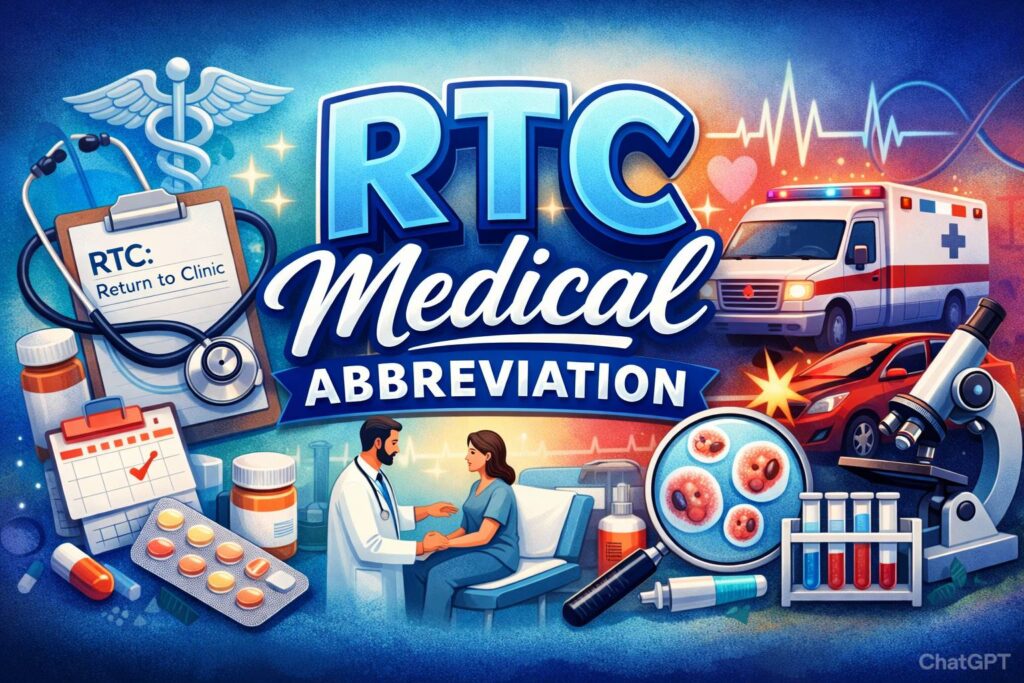What Are Your Legal Rights When Using Professional Movers?

When it comes to relocating, many people opt to hire professional movers to ease the burden of packing, transporting, and unpacking their belongings. While hiring movers can be a convenient choice, it’s vital to understand your legal rights as a consumer. Knowing these rights can help protect you from potential disputes and ensure a smoother moving experience.
Understanding Your Contract
Before anything else, familiarize yourself with the contract you sign with the moving company. This contract is a legally binding agreement that outlines the terms and conditions of the move, including the services provided, costs, and liability for lost or damaged items. There are typically two types of contracts:
- Binding Estimates: These contracts guarantee the quoted price, regardless of any changes in the moving process. However, if you add additional services or require more time, the cost may increase.
- Non-Binding Estimates: In these contracts, the moving company provides an estimate based on the expected weight of your items. However, the final charge can vary, often leading to additional fees. You can get quotes for moving online at www.shiply.com.
Always read the contract carefully, and don’t be scared to ask questions if any terms are unclear. Ensure that you receive a copy of the signed agreement, as this will serve as your proof of the agreed terms.
Protection Against Damage or Loss
Your legal rights extend to the protection of your belongings during the move. Federal regulations require movers to offer two types of liability coverage:
- Released Value Protection: This is the minimum coverage offered by moving companies. If your belongings are lost or damaged, the liability is limited to a specific amount—usually 60 cents per pound per item. This coverage is often included at no extra cost but may not adequately compensate for the value of your belongings.
- Full Value Protection: For a higher fee, you can opt for full value protection. Under this coverage, the moving company is liable for the replacement value of lost or damaged items, ensuring that you receive a more substantial compensation.
Make sure to talk about these options with your moving company and pick the coverage that best suits your needs.
Consumer Rights and Complaints
As a consumer, you have the right to file complaints if you believe the moving company has violated your rights. If your belongings arrive damaged, or if the company fails to deliver what its promised, you can take the following steps:
- Document Everything: Take photos of any damage and keep a record of communications with the moving company. This documentation can be critical in dealing with disputes.
- Contact the Moving Company: Start by reaching out to the company’s customer service to resolve the issue directly. Many companies aim to maintain good customer relations and may offer compensation or solutions.
- File a Complaint: If direct communication fails, you can escalate the matter by filing a complaint with the Better Business Bureau (BBB) or your state’s attorney general’s office. For interstate moves, you may also report issues to the Federal Motor Carrier Safety Administration (FMCSA).
Hiring professional movers can significantly simplify the moving process, but it’s vital to know your legal rights. By being proactive, you can enjoy a smoother, stress-free moving experience.



























































































































































































































































































































































































































































































































































































































